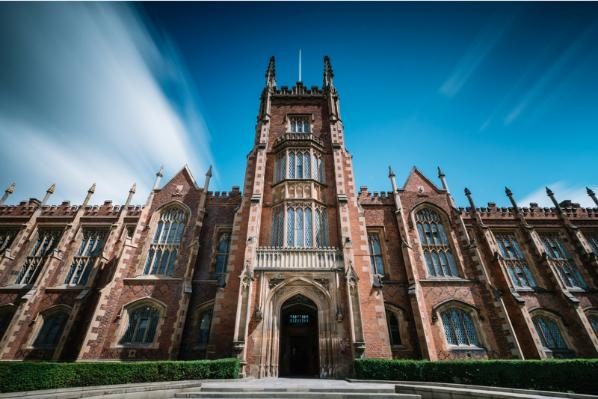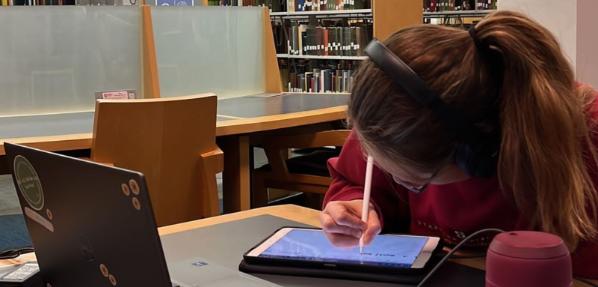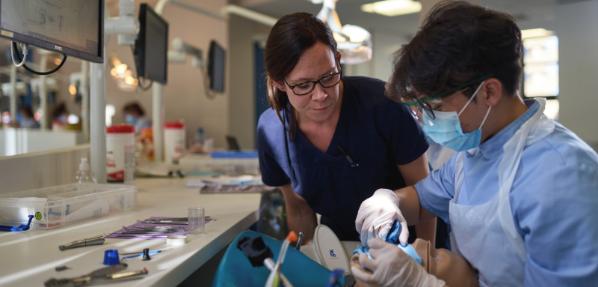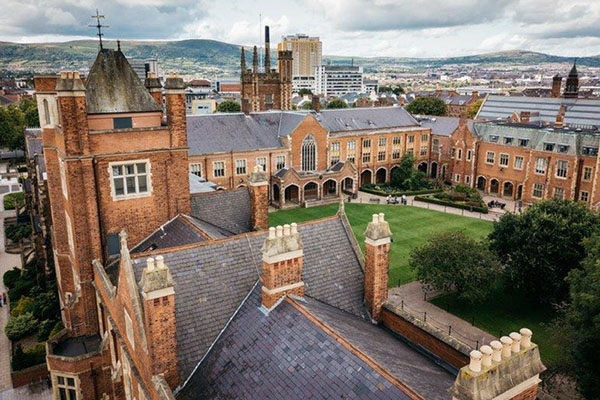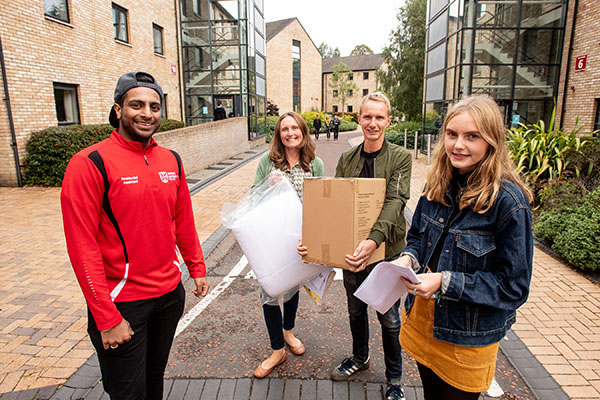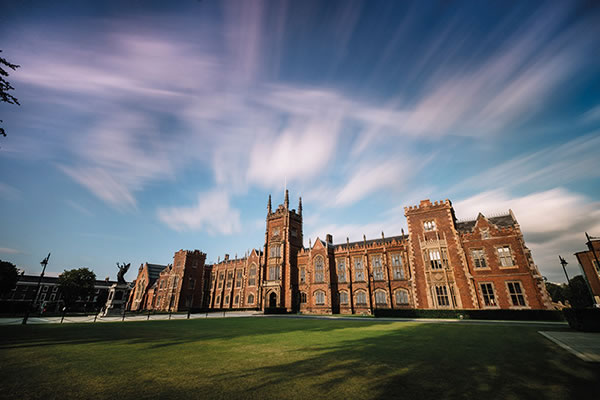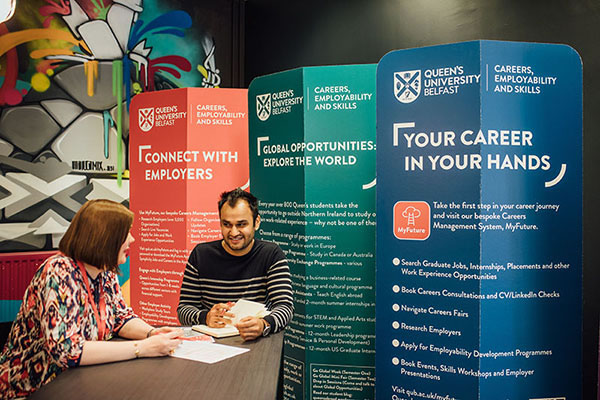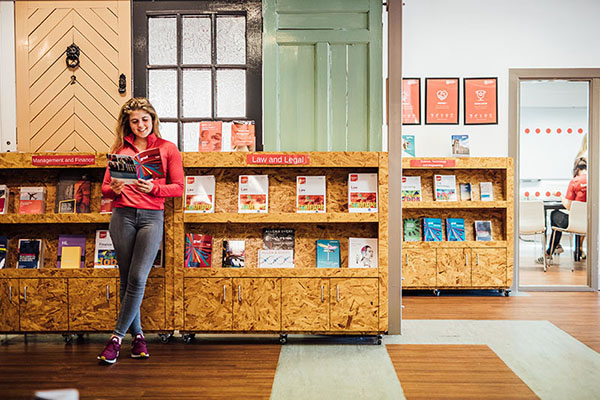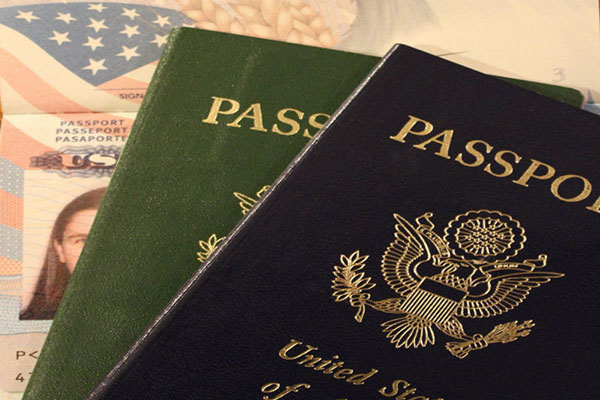- Middle East and North Africa
- Sub Saharan Africa
- Afghanistan
- Albania
- Algeria
- Angola
- Argentina
- Armenia
- Australia
- Austria
- Azerbaijan
- Bahrain
- Bangladesh
- Barbados
- Belarus
- Belgium
- Belize
- Benin
- Bolivia
- Bosnia And Herzegovina
- Botswana
- Brazil
- Brunei
- Bulgaria
- Cambodia
- Cameroon
- Canada
- Chile
- China Mainland
- Colombia
- Costa Rica
- Croatia
- Cuba
- Cyprus
- Czech Republic
- Denmark
- Djibouti
- Ecuador
- Egypt
- Eritrea
- Estonia
- Ethiopia
- Fiji
- Finland
- France
- Georgia
- Germany
- Ghana
- Greece
- Guyana
- Haiti
- Honduras
- Hong Kong (SAR)
- Hungary
- Iceland
- India
- Indonesia
- Iran
- Iraq
- Ireland
- Israel
- Italy
- Ivory Coast
- Jamaica
- Japan
- Jordan
- Kazakhstan
- Kenya
- Kosovo
- Kuwait
- Kyrgyzstan
- Latvia
- Lebanon
- Liberia
- Libya
- Lithuania
- Luxembourg
- Macau (SAR)
- Madagascar
- Malawi
- Malaysia
- Malta
- Mauritius
- Mexico
- Mongolia
- Morocco
- Mozambique
- Myanmar
- Namibia
- Nepal
- Netherlands
- New Zealand
- Nigeria
- Norway
- Oman
- Pakistan
- Palestine
- Panama
- Paraguay
- Peru
- Philippines
- Poland
- Portugal
- Puerto Rico
- Qatar
- Romania
- Russia
- Rwanda
- Saudi Arabia
- Sierra Leone
- Singapore
- Slovakia
- Slovenia
- South Africa
- South Korea
- Spain
- Sri Lanka
- St Vincent And The Grenadines
- Sudan
- Sweden
- Switzerland
- Syria
- Taiwan
- Tajikistan
- Tanzania
- Thailand
- Trinidad and Tobago
- Tunisia
- Turkey
- Uganda
- Ukraine
- United Arab Emirates
- Uruguay
- USA
- Uzbekistan
- Venezuela
- Vietnam
- Yemen
- Zambia
- Zimbabwe
We have welcomed students from Canada to our student community for many years. You’ll live in an affordable and vibrant UK capital city. Our Canadian students love studying here - 95% said they are happy with the campus environment (International Student Barometer, 2024).
You’ll find everything you need to know here, and hear Canadian students explain why they love living in Belfast and studying at Queen’s.
24,000+
Total students studying with us
115
Students from Canada
Upcoming Events
We will be meeting with students at a range of in-person and digital events over the coming months and invite you to speak with us there. Please get in touch with our international officers to find out where you can meet us next, or to schedule a 1-1 call about Queen's
Meet our North America Team near you
We will be visiting a range of locations across the USA and Canada in 2025. We would be delighted to provide more information on studying at Queen’s.
North America Team
We have a dedicated team to support prospective students, parents and counsellors in Canada.
 Susan McCleary Senior International Officer |
 Clare Coyle International Officer |
If you have any questions or would like guidance about studying at Queen’s, the team is here to help you.
Book a 1-1 information session
We'll provide you with an introduction to the University and answer any questions you may have.
You can also join our mailing list to receive information directly related to your subject interests and details of any upcoming events.
You can apply to study at Queen’s from anywhere in the world. The grades required for admission to Queen's will vary according to your chosen course of study.
View entry requirements on your course of choice by using the search tool, then check your comparable grades below, to determine eligibility.
-
Undergraduate
Undergraduate Entry Requirements
The application procedure varies for undergraduate and postgraduate students, so we publish separate information for each. You'll also need to be able to provide evidence of a specified level of ability in the English language.
The following qualifications will be considered for direct entry to our undergraduate programmes. The grades required will vary according to your chosen programme. Please check our Course Finder for detailed entry requirements.
- The Canadian High School Diploma (Grade 12). The minimum requirement is usually 75 - 80% overall, although some programmes do require higher grades and may specify exact grade requirements in relevant subjects.
- Alberta: A General High School Diploma with an average of at least 75 - 80% in five acceptable grade 12 courses.
- British Columbia: the Senior Secondary Graduation Diploma with at least five Bs in acceptable grade 12 courses and 75 - 80% overall.
- Manitoba: the High School Graduation Diploma with five credits awarded at 300 level in at least four subject areas and at least 75% achieved in each of these areas.
- Nova Scotia: The Nova Scotia High School Diploma/High School Leaving Certificate is required normally with an average of 80% in five Grade 12 courses. Certain programmes may require Grade 12 courses in specific subjects.
- Ontario: The Ontario Secondary School Diploma (OSSD) is required normally with an average of 80% in six Grade 12 U/M courses. Certain programmes may require Grade 12 U/M courses in specific subjects.
- Saskatchewan: the Grade 12 Standing/Division IV Standing (Secondary School Diploma) with an average of at least 75 - 80% in five acceptable subjects.
- Between 30 and 36 points in the International Baccalaureate Diploma (IB). Information on required grades.
For entry to Medicine and Dentistry, the minimum entry requirements are either:
- A minimum of 90% overall in six Grade 12 courses in the Canadian High School Diploma, with at least 90% in Grade 12 Chemistry and Biology. Mathematics, Physics and English Language are also required, preferably to Year 11. Applicants for Medicine must also undertake the University Clinical Aptitude Test (UCAT) www.ucat.ac.uk and the University will normally interview international applicants. (UCAT and GCSE Physics is not required for Dentistry).
- A minimum of 36 points overall is required in the International Baccalaureate Diploma with grades 6,6,6 in Higher level subjects including Chemistry and Biology. Physics, Mathematics and English is also required to Standard Level, or grade 11 (or GCSE Equivalent) if not taken as part of the IB. (Physics is not required for Dentistry). Points obtained for the Extended Essay and Theory of Knowledge can count towards the total.
- For graduates, a minimum of 3.3 on a scale of 4.0 (78%) in a four year Honours degree is required for consideration, and applicants must have the appropriate background in relevant science subjects.
Applicants for Medicine must also undertake the University Clinical Aptitude Test (UCAT) www.ucat.ac.uk and the University will normally interview international applicants.
How to Apply
Most students make their applications through UCAS (Universities and Colleges Admissions Service) for full-time undergraduate degree programmes at Queen’s. The UCAS application deadline for international students is 30 June 2025, except for those applying for Medicine and Dentistry who should apply by 15 October 2024.
-
Postgraduate
Postgraduate Entry Requirements
The application procedure varies for undergraduate and postgraduate students, so we publish separate information for each. You'll also need to be able to provide evidence of a specified level of ability in the English language.
Entry to our graduate diploma or taught masters programmes usually requires either a UK upper second-class (2:1) or a lower second-class (2:2) undergraduate degree. For most courses, your major subject or content of your Bachelor degree may also be considered. Please check our Course Finder for detailed entry requirements.
The comparable Canadian qualifications are as follows:
How to Apply
Applications for Postgraduate Taught Masters and PhD programmes must be made using the University's online application system. There is no application fee to apply for Postgraduate programmes.
All Masters degree programmes at Queen’s begin in September each year.
Postgraduate research programmes can begin at different times throughout the academic year. The start date has to be agreed with your PhD supervisor.
Applications should be submitted online via the Queen's Portal for admission to the vast majority of postgraduate programmes.
Find out more about applying for Postgraduate Taught and Postgraduate Research programmes.
-
Foundation Courses
How to Apply
Prepare for your university degree with tailored, academic pathway programmes from Queen's University Belfast International Study Centre. You'll benefit from university-style teaching for subject-based modules and high academic standards.
Then, when it comes to progressing to your chosen degree, Queen's University Belfast International Study Centre will support you with your university application.
Courses include:
- International Foundation courses in Architecture, Business and Engineering, providing a pathway to the first year of a wide range of undergraduate degrees.
- International Year One courses in Management and Finance, Engineering disciplines, and Computer Science, allowing direct entry to year two of Undergraduate degrees.
- Pre Master's that prepare you for direct entry to selected Master's courses in Finance, Management and Social Sciences.
English Language Requirements
Applicants will normally need to demonstrate a level of English equivalent to 6.5 IELTS or 90 TOEFL IBT (Internet based test). However, some degree programmes have higher or lower requirements (please check individual courses for programme requirements). The full list of acceptable English Language qualifications is available here.
Improve your English language skills to prepare for further academic study or the level required for your degree.
Academic English
For students who need to increase their IELTS level in order to progress to university.
Pre-sessional English
For students who are academically qualified and hold an offer from Queen’s but need to improve their English language skills to the level required for their degree.
Queen's offers lower tuition fees and living expenses than many other similarly well-regarded universities in the United Kingdom. The fees you will pay will vary depending on the course you choose and the level of study.
From £20,800
Undergraduate tuition feesFrom £
Postgraduate Taught tuition feesFrom £20,500
Postgraduate Research tuition feesFees shown are for Fee rate 1. Laboratory based courses and other courses have different fee rates. Check the relevant course page for Tuition fee costs. All tuition fees quoted are for the academic year 2023-24, and relate to a single year of study unless stated otherwise. Tuition fees will be subject to an annual inflationary increase, unless explicitly stated otherwise. If you receive an offer of admission, you will be provided with details of the tuition fee payable in your offer letter.
All fees are payable in £ sterling. Approximate equivalencies were correct at August 2022 (xe.com).
- Fee Rate 1 - Arts, Humanities and Social Sciences
- Fee Rate 2 - Engineering and Physical Sciences (including laboratory courses)
Scholarships
We are committed to helping students realise their ambitions and we offer a generous range of scholarships and awards for international students. These include:
| SCHOLARSHIP | AWARD | APPLICATION REQUIRED |
|---|---|---|
| International Office(Fee rate 1) * | £3,500 | No - Automatically deducted from first year |
| International Office (Fee rate 2) | £4,000 | No - Automatically deducted from first year |
| Early Confirmation ** | £1,500 | No - When full tuition paid by appropriate deadline |
| Excellence Award (Achieve a 60% GPA) | £3,000 | No - Merit award in the subsequent academic years |
| Vice-Chancellor's - up to 4 years | 50% | Application required / 4 awards available |
| Queen's Family - fee reduction on year 1 | 20% | Application required |
| Queen's Loyalty Scholarship - fee reduction on year 1 | 20% | Automatic assessment, no application required |
| Scholarship | AWARD | APPLICATION REQUIRED |
|---|---|---|
| International Office *** | £2,000-£5,000 (depending on course) | No - Automatically deducted from first year |
| Queen's Business School | £5,000 | No - Excludes MBA |
| LLB Senior Status | £4,000 | No - Automatically deducted from first year |
| Early Confirmation ** | £1,500 | No - When full tuition paid by appropriate deadline |
| Vice-Chancellor's - up to 2 years | 50% | Application required / 4 awards available |
| Queen's Loyalty Scholarship - fee reduction on year 1 | 20% | Automatic assessment, no application required |
- * Programme, excluding Medicine (£48,400), Dentistry (£37,600), Agricultural Technology, Theology
- ** May be used in conjunction with other scholarships
- *** Excludes Queen’s Business School PGT programmes and PHD, and Excludes PhD programs
Fees and Funding at Queen's
Find out how much you'll pay to study at Queen's and what potential scholarships you might be eligible for.
Scholarships and Funding Finder
Apply for the Queen's Business School Graduate Award for North American Students
Expand the section below to find out more about Canadian federal and provincial loans, Queen's scholarships and British Council funding and scholarships.
Canadian Loans
For Canadian students applying for a Canadian federal or provincial loan, Queen’s can complete your program information form. Once you have enrolled on the program, the Awards Officer will complete your confirmation of enrolment form and Student Finance will then complete details on tuition and sign off the form. Please email your Canadian loan to the Awards Officer.
Examples of Canadian Student Finance include:
- OSAP (Ontario Student Assistance Program)
- Alberta Student Aid
- British Columbia
- Nova Scotia
Scholarships from Queen's include:
- North America PG Housing Scholarships
- Queen's Business School Graduate Awards for North American Students
- Queen's International Scholarships for undergraduate and postgraduate students
- Elite Athlete Scholarship
- LLB Senior Status International Scholarship £4000
- North America Future Leaders Award
There are a number of prestigious scholarships for Canadian students which may be used for postgraduate study at Queen's:
- Chevening Scholarship
- Dobbin Scholarship
- International Scholarships offered by the Canadian government
A list of other potential sources of funding for Postgraduate study can be found on the University's Graduate School website.
British Council
The British Council in Canada can offer helpful advice on studying in the UK. A useful resource is their Scholarships and Funding website.
The lowest cost of student living in the UK
Belfast has the lowest cost of living in the UK (Mercer Cost of Living City Ranking 2023), making it a great city to live in for international students compared to other UK cities.
Total: £27,832
Total for UG (classroom based)
-
£20,800
Tuition -
£4,500
Accommodation -
£1,308
Going out -
£1,224
Food/Drink
* Costs are for 1 year of study or two semesters. Cost of living based on Which? Student Budget Calculator 2022
Queen’s is a world-class university with a thriving international community. One of the oldest Universities in the UK and Ireland, we have a strong global reputation for our high quality teaching and research.
World class teaching and research
The world-leading research by our academics contributes to the latest thinking in how we tackle the great global challenges of our age, such as health, food, conflict and technology. Our state-of-the-art education and research facilities are some of the best in the UK and Ireland.
A vibrant friendly place to live
Our international students are offered a place in our accommodation, which means you can be confident you'll be living somewhere safe, comfortable and affordable. We provide a supportive community, events and pastoral care, 24/7 safety and security and well-being support.
Your future career
As a student at Queen's, you'll gain skills and knowledge valued by employers all over the world. Whether you plan to pursue opportunities here in the UK, or further afield, our links with many industries, specialist career resources and international network can take you anywhere.
Why students from Canada choose Queen’s?
Belfast – the UK’s hidden gem
Belfast is a major cultural destination in the UK and is named as one of the top 10 friendliest cities in the UK (Condé Nast Traveller, Readers' Choice Awards 2024).
It’s not hard to see why - arts and culture, festivals, great places to shop and eat, and a vibrant nightlife are all packed into our small and accessible city. And our excellent plane, train and ferry transport links will allow you to explore even further.
A perfect student city
Belfast is in the safest region in the UK (UK Crime Surveys 2022/23). Our city is known for its warm people, and you’ll feel at home in our multicultural student community. 98% of our Canadian students tell us they feel safe and secure at Queen’s (International Student Barometer 2024).
Belfast is the UK’s most affordable student city (Natwest Student Living Index 2024), so you’ll enjoy a great student experience while saving on rent, tuition fees and transport.
A top sporting university
Sport is a part of our DNA. Our indoor and outdoor facilities are ideal for our sports clubs and beginner or high-performance athletes.
Career prospects
You’ll get all the career opportunities you would expect from a UK capital city. We developed our career programme along with key employers and our global industry links will help you secure placements and work experience.
Recent Information Sessions
See below for a list of recent University and Programme webinars that you might find interesting and informative.
- Undergraduate events | Postgraduate events
- Student Services Information Webinar 2025
- North America Offer Holder Webinar May 2024
- Undergraduate student Q&A – Spring 2022
- Graduate Studies at Queen’s Webinar
- Undergraduate Studies at Queen's
- Graduate Student Q&A
- Study Abroad at Queen’s
- Why Graduate Studies History is Brought to Life at Queen’s
- Conflict, Security & International Studies at Queen's
- Queen’s Management School – Graduate Studies
- Student Life: North American Students at Queen's
- Accommodation: North American Students at Queen’s webinar
- Graduate School: North American Students at Queen’s
- Enrolment & Education: North American Students at Queen’s
- North America Fees & Funding Webinar 2021
- Careers and Employability: North American Students at Queen’s
Queen's Podcast Series
Introducing Queen’s academics and their research from schools across the university, available to listen via the below links as well as via Spotify and Apple Podcasts.
The podcasts include a wide-ranging set of brief talks by Queen's academics across many disciplines and subjects including:
It won’t be long until you feel at home here. There’s plenty of ways to meet new friends, develop life skills and find support when you need it.

Students at Queen's get the best of both worlds - a safe and easy to navigate campus with the wider city of Belfast nearby.
Known as the "Queen's Quarter", the area surrounding our campus is the most vibrant district of Belfast. Here, you’ll find everything from museums and art galleries to world cuisine, all within easy walking distance.
What our students say
There's a Queen's Student Society for Everyone
Part of having an enriching university experience is getting to know people outside of your course or flat. One way of meeting people with similar interests as yourself could be joining a club or society. In this post, Tejinder shares her experience.
Tips and Tricks for Keeping up with Classes
Managing a busy university schedule is one of the biggest challenges of student life. Tejinder is here to share her advice for keeping ahead of class work and getting the best results from studying.
A week in the life of a second year dental student
Now in her second year as a dental student, Tejinder is sharing a guide to Dentistry at Queen’s for anyone interested in the course.
Connect with Students
View student videos on the official Queen's University Belfast TikTok, read all blogs from our students, and check the latest social media posts using #LoveQUB.
You can also chat to students directly using our messaging app.
Helpful information
We’re famed for our warm welcome and there’s a strong support network and sense of community on campus. We’ll support you every step of the way through our wide range of support services.
Whether you need help with your visa application, a welcome at the airport, academic or English Language support throughout your studies, advice on finances or career guidance – we can help.
Canadian and American Students' Association
QUB's official Canadian-American society! Great way to meet other students at Queen's that may share your interests. Membership is open to all students - you do not have to be Canadian/American! Contact: casa@qub.ac.uk
Meet our North America Team near you
We will be visiting a range of locations across the USA and Canada in 2025. We would be delighted to provide more information on studying at Queen’s.
North America Team
We have a dedicated team to support prospective students, parents and counsellors in Canada.
 Susan McCleary Senior International Officer |
 Clare Coyle International Officer |
If you have any questions or would like guidance about studying at Queen’s, the team is here to help you.
Book a 1-1 information session
We'll provide you with an introduction to the University and answer any questions you may have.
You can also join our mailing list to receive information directly related to your subject interests and details of any upcoming events.
